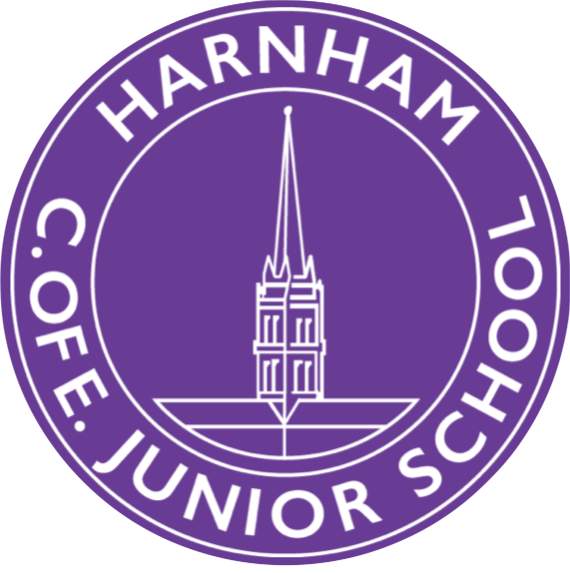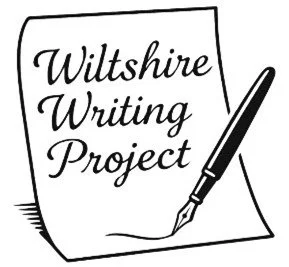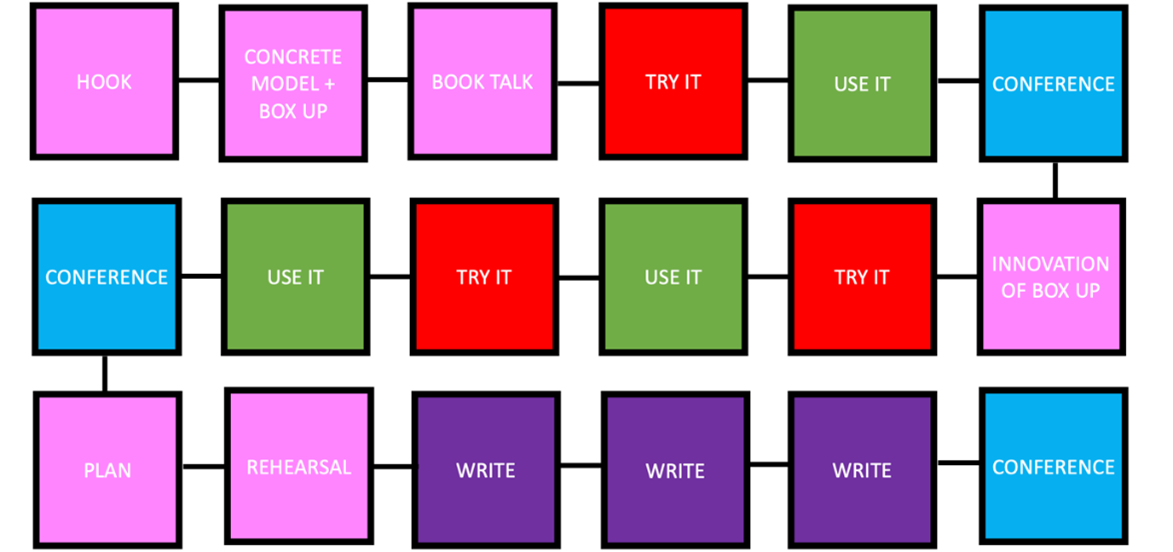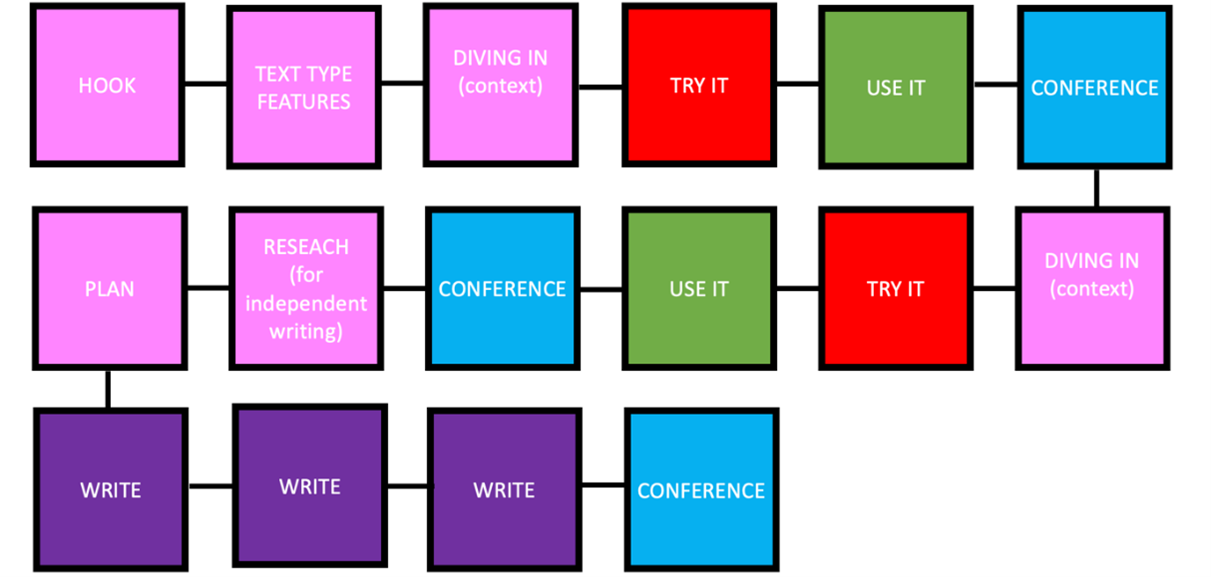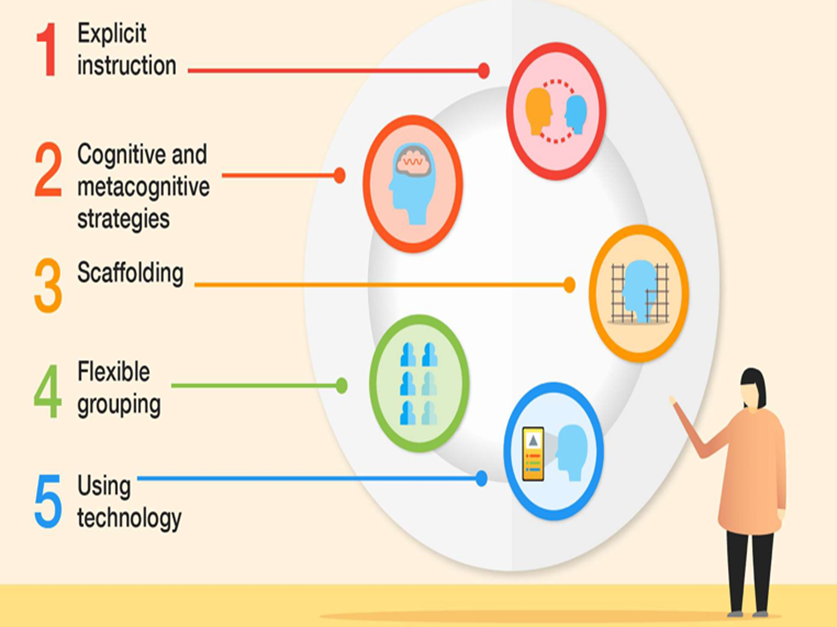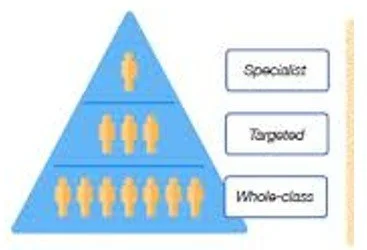english - Writing
Writing Project Equitable Writing Strategy
Intent
At Harnham Junior School, Writing is seen as an extension of our Reading offer. We value reading and writing as essential skills and, to that end, ensure that all children, progress well in literacy so they are prepared for the next stage of their education. Our approach to English and Writing specifically, is an equitable one: we achieve equity by ensuring that research informs the develop of our universal offer for Writing. In addition, we supplement our universal offer with targeted support for those children who may need further help. Targeted support will be deployed to ensure all children are meeting or exceeding their potential. This means that our targeted support will secure important transcription skills (foundational knowledge), and target excellence in Writing.
The design of our Writing curriculum is built around high-quality inclusive texts and animations. We aim to select texts that foster strong links with other curriculum subjects to support children’s working memory. We are research informed in our approach to choosing texts, using organisations such as Book Trust, CLPE and The Literacy Trust to support our selections. We know that texts provide us with powerful contexts in which to explore diversity, social justice and British Values so we purposely seek out texts that help to enrich our children’s personal development and build cultural capital.
The design and delivery of Writing skills has been developed around the principles of foundational knowledge: children need to be secure in the basics of writing - transcription (sentence level grammar, basic punctuation, phonics for spelling and handwriting) before they embark on composing more complex pieces of writing. In Key Stage Two, our curriculum progressively develops the skill of composition whilst securing foundational knowledge through our slow release teaching sequence.
Implementation
When children are fluent in early transcription skills (foundational knowledge), we teach Writing using a slow-release teaching sequence. This teaching sequence allows children to secure cultural capital, vocabulary and the themes of a text or animation. They will then explore a concrete model and use their knowledge and ‘wonder’ of the story structure (the story map or box up) to investigate age-appropriate grammar; plot, character, setting and text features.
Over time, children gain confidence in the story structure. This then allows the teacher to remove the scaffold so that the children can write purposely and independently. (See Fiction Section.)
The Slow Release Sequence in KS2 (Narrative)
The Long Term Plan and Coverage of text types
Every year, our children will have the opportunity to explore: writing to entertain, writing to inform, writing to persuade and writing to instruct.
We ensure that, in a term, children will have time to explore writing to entertain and one other non-fiction text type.
Fiction
The teaching of fiction is dictated by the high-quality text or animation. The children’s interest and enjoyment of the text or animation will help the teacher select the best possible writing outcome for a fiction unit. For example, the children will read, enjoy and gain understanding of a key part of the high-quality text – summarised in the teacher’s box up. This will then allow children to write their own fiction based on that box up or it may inspire them to write an alternative box up structure.
We purposefully do not dictate coverage of certain story arcs in the primary phase: we encourage teachers to build their box up from the text. However, we do ensure teachers are knowledgeable about the variety of story arcs available.
SEVEN BASIC STORY PLOTS
1. Overcoming the monster
2. Rags to Riches
3. Quest
4. Voyage and Return
5. Comedy
6. Tragedy
7. Rebirth
Faction (Non-Fiction in fictional context)
Faction is non-fiction writing using fictional contexts linked to the text. We teach faction in English so we can invest in the high-quality text and teach writing as a subject. This ensures our children have enough knowledge and cultural capital to be able to write non-fiction well.
Disciplinary Writing of Non-fiction
Our faction writing in English supports actual non-fiction writing across the curriculum. Children will, for example, learn how to write information texts in a faction unit but can then apply this skill when writing an information text in a foundation subject. In this way we ensure that the substantive knowledge gained in writing lessons is transferred into disciplinary knowledge when writing across the curriculum.
Teaching the Writing Process
At Harnham Junior School we recognise the writing process as Planning – Drafting – Editing – Revising – Proofreading – Presenting.
Our teaching sequence ensures that we spend appropriate purposeful time on each element of the writing process. We do not present our work conventionally at the end of every unit, but we do ensure that children read aloud their writing to teach the purpose of the written word. We will target presentation skills across the year and publish writing when and where appropriate. This may be English written work or written work generated in foundation subjects.
Class Conferencing
We know editing and proofreading is a key element of the writing process. We ensure that editing and proofreading is threaded through our writing teaching sequence. Our sequences contain class conferencing sessions. Class conferencing is research informed; developing the principles set out in the EEF’s guidance for effective feedback. Conferencing will look different in KS1 to KS2. Ultimately, we want our conferencing sessions to ensure our children leave Harnham Junior School knowing what it means to be a reflective learning and develop from feedback.
Lesson Design
Our approach to day-to- day teaching of writing is research informed. We use the principles of Rosenshine, the EEF’s 7-step model for teaching and research into mastery teaching and management of the cognitive load to secure our lesson design model.
This model ensures that teachers routinely break down lessons into small steps, monitor learning and address gaps, deploy scaffolds and other adaptive teaching strategies, review learning and secure a high rate of success before moving on to more complex tasks.
Adaptive Teaching
Our agreed lesson design is also informed by the EEFs 5 a-day and research into adaptive teaching
EEF: SEND in Mainstream Schools
Teachers will use a range of strategies to ensure, across a lesson and over time, that children thrive and barriers to learning are removed. Deliberate practice of adaptive teaching strategies will be referenced in the school’s universal offer. A teacher may however use additional strategies based on their ongoing assessments.
Assessment
Assessment is at the core of how we teach writing at Harnham. We use assessment in 3 different ways
Formative
1. Ongoing diagnostic assessment: this is secured through our lesson design. Our lesson design ensures that all teachers are monitoring the learning during every writing lesson. This enables them to pick up misconceptions early. We aim to ensure that all children leave a learning experience confident and ready to move on. We recognise that some children occasional may need help to keep up; our lesson design ensures teachers spot these children and take suitable, timely action.
2. Termly diagnostic assessment: our (teaching milestones)* allow us to track progress of our children over each term against the national curriculum (2014). This ensures children who are at risk of falling behind are identified quickly and suitable provision is put in place to help them catch up.
3. Teacher Assessment: Our Teacher Assessment Frameworks (TAFs) are aligned with our milestones and the Key Performance Indicators expected by the end of Year 6.
This criteria helps teachers evaluate whether a child is working towards the expected standard, working at the expected standard or working at greater depth within the expected standard. Teachers will formally assess using the TAFs at the end of the year and at least twice leading up to the end of the year (usually in line with our 3 data drops (Term 2, 4 and 6).
Whilst we do not routinely assess writing using tests, teachers will occasionally use ‘cold writing tasks’ to inform their teacher assessment. However, most of their judgements will come from day-to-day classroom teaching. Our summative reading assessment will also provide information for teachers:
- NFER READING ASSESSMENT 3 x per year
Writing Moderation
We know that accurate teacher assessment is supported by regular moderation. At Harnham Junior School we work collaboratively across our school to moderate samples of writing three times a year.
Provision for Disadvantaged Learners
At Harnham Junior School, we use the Department for Education’s definition of disadvantaged learners: those with SEND, in receipt of Pupil Premium, Looked After Children and Children in Need. However, we recognise that no child is exempt from vulnerabilities so our provision for disadvantaged learners is built around ongoing diagnostic assessment of need (see above).
All children, including those who experience disadvantage, get full access to the universal offer for writing unless there is a requirement to provide something additional to or different from in-line with the SEND code of practice.
Our Universal Offer
Our universal offer for writing is built around our understanding of adaptive teaching (see adaptive teaching) and needs analysis around the SEND four broad areas of need. As a school, we agree a universal offer so we know that any child, no matter what class they belong to gets a consistent provision.
Further Interventions
We also run specific programmes to support Literacy fluency
o RWInc Phonics Keep-up/Catch-up
o Letter Join Handwriting
o SALT: Colourful Semantics
o SCODE Spelling
o Phonics catch up
o SENDEP writing interventions for UKS2
Impact
Our Writing Strategy has been built on the principles of equity: that fair does not mean equal: that some children will need more in order for them to be ready for the next stage of their education.
As a result, our impact metrics focus on closing the gap and ensuring that all children meet or exceed expectations in Writing by the time they leave Year 6. Alongside this, those children who experience disadvantage will make at least the same or accelerated progress when compared to their non-disadvantaged peers. We are careful to secure clear baselines for all our children so we can plan, deliver and comminate this progress across each academic year and secure effective transition.
